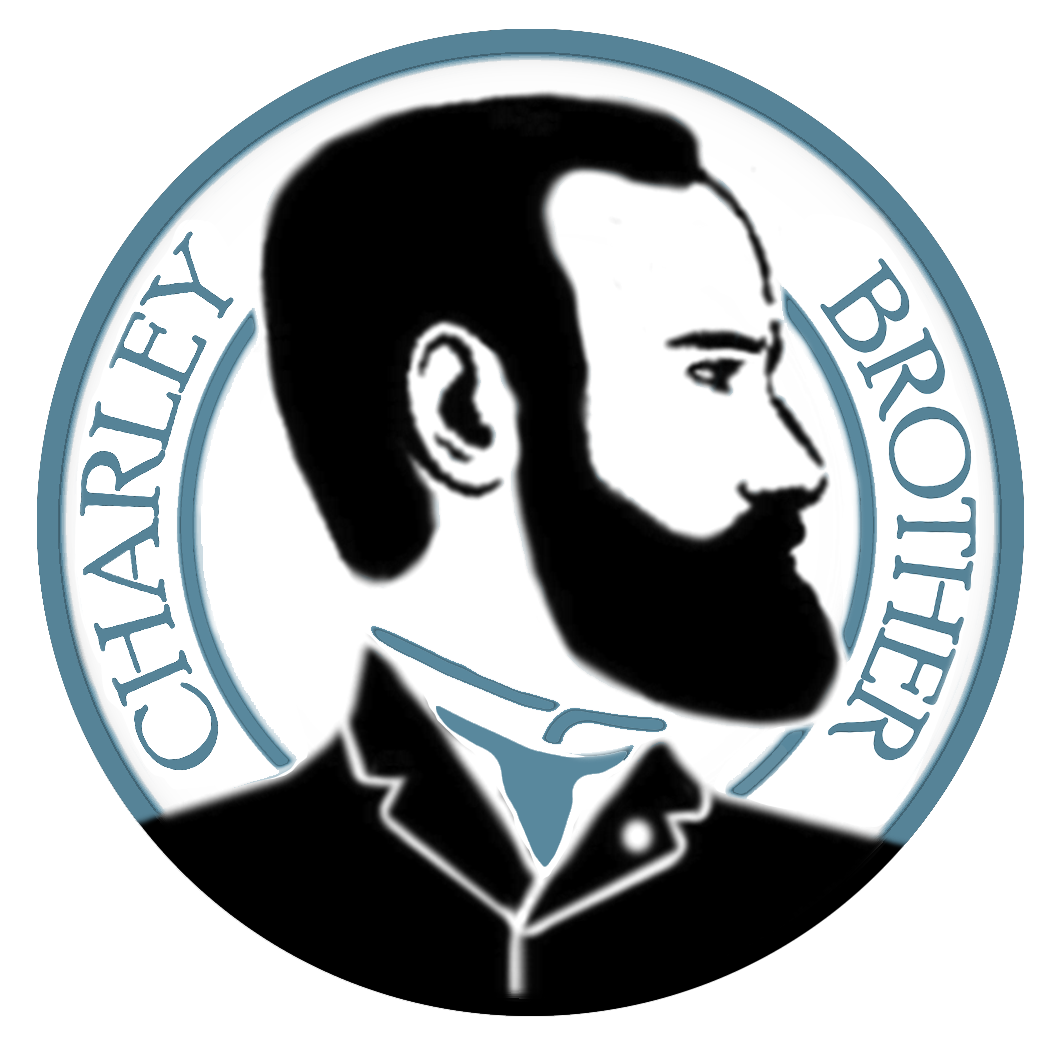The Brother family’s American story begins in the Black Forest of Germany, when 20-year-old Heinrich Bruder left for the shore and stepped on a ship as cargo. If he could survive the cruise, he would be sold to the highest bidder. He was the great grandfather of Civil War Marine, Charles Brother.
Bruder sailed for America in 1765 and became the indentured servant of plantation owner Nicholas Boogher, who lived in the region where Mason and Dixon’s men began to survey and define the line between Pennsylvania and Maryland. Two years later, his master died in Fredericktown, Maryland.
As Bruder dug the grave, Mrs. Eleanor Boogher gathered her wet and muddy skirt and instructed her six children, all under the age of 12, to hum that song from church, but no one lifted their chins until Bruder, still holding the shovel, started to sing. As his breath animated the cold air, Eleanor thought to herself, Here was an opening for a scoundrel to run off. Would he keep his word?
Two years later, paying off his debt, Bruder married Eleanor, issuing more children, elongating the line of continuity and high spirit from which I descend.
Eleanor’s family was religious and educated. Her brother Valentine Reb, a teacher, taught the new children alongside their stepsiblings. Bruder’s second son, named after Valentine, learned quickly, especially math.
But Valentine also had the gift of gab, essential skills for a large family. He wrote a biography for entertainment first and record second, documenting his own heritage, mistakes, calculations, chronic and debilitating health problems, and victories. Valentine became a juror, tavern owner, sheriff, quartermaster for the Revolutionary War, land surveyor, state senator, and neighbor and friend to governors, officers, and those opening the West, including George Washington and John Adams.
On the day of his freedom, Bruder came to terms with the sacrifices he had made and marked that moment, drawing his own boundary line with the past.
As his pickaxe busted up the brick hearth that was his bed, Eleanor, disturbed by the racket, ran into the room to ask him if he had lost his mind.
He stated, “I had slept on that bed four years with only a blanket and thought it was time it was made up.”

